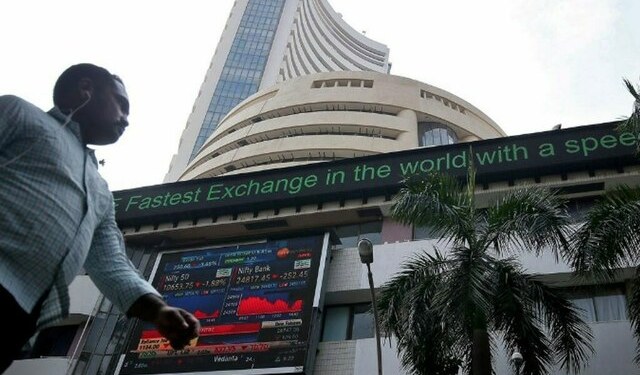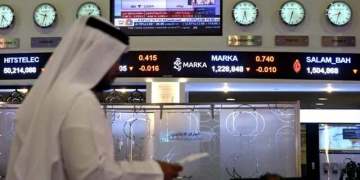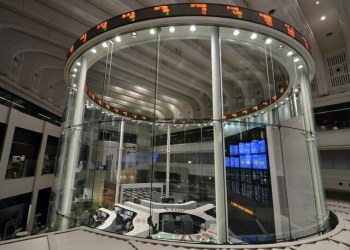DUBAI: Major Middle Eastern stock markets were mixed on Wednesday with news of a 50 billion dirham ($13.6 billion) economic stimulus plan boosting Abu Dhabi while Saudi Arabia pulled back after six straight days of gains.
The Abu Dhabi index added 0.8 percent with some big banks and real estate firms outperforming. Abu Dhabi Commercial Bank gained 1.4 percent and Aldar Properties climbed 1.5 percent.
The three-year stimulus package announced by the crown prince includes more investment in new technologies and tourism.
Many details are not known, however, and it is not clear how much the package can help the residential real estate market, where prices dropped 7.8 percent from a year ago in the first quarter.
The Saudi index rose in early trade but closed 0.3 percent lower. Petrochemical giant Saudi Basic Industries (SABIC), which had soared 13 percent since the end of April, retreated 1.5 percent.
But telecommunications firm Zain Saudi added 1.2 percent after saying it had refinanced a 5.9 billion riyal ($1.6 billion) facility on preferential terms and obtained fresh working capital to fund its digital plans.
The Saudi market surged this week after the appointment of businessman Ahmed bin Suleiman al-Rajhi as labour minister spurred hopes that reforms making it more expensive to hire foreign workers may be implemented with less disruption to the private sector.
Also, some analysts view his promotion as a sign that Saudi Arabia’s old business families will continue to enjoy government favour after last November’s detention of dozens of the business elite in Riyadh’s crackdown on corruption.
Valuations of many Saudi stocks look rich to many fund managers, however, with SABIC trading at over 20 times trailing earnings.
In Dubai, where average valuations are about half those in Saudi Arabia, the index rose 0.4 percent.
Builder Arabtec shot up 3.9 percent in its heaviest trade since last July. The stock has rebounded over 30 percent from a multi-year low since it reported in mid-May its highest quarterly profit since late 2014.
Qatar gained 0.2 percent as Qatar Insurance rose 2.7 percent after its board approved a share buy-back worth up to 500 million riyals ($137 million). The company has a market capitalisation of about 12.6 billion riyals.
In Egypt, the index dropped 0.7 percent after sliding 2.3 percent on Tuesday, a drop which analysts attributed to uncertainty over the public response to imminent energy subsidy cuts in light of public protests in Jordan.
But Ezz Steel was last up 2.2 percent in its heaviest trading in nearly a month after reporting a first-quarter consolidated net loss after tax and minority interests of 67 million Egyptian pounds ($3.8 million), down from a year-ago loss of 521 million pounds, as sales climbed 55 percent.
Source: Brecorder



























